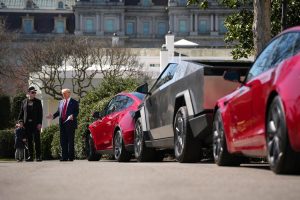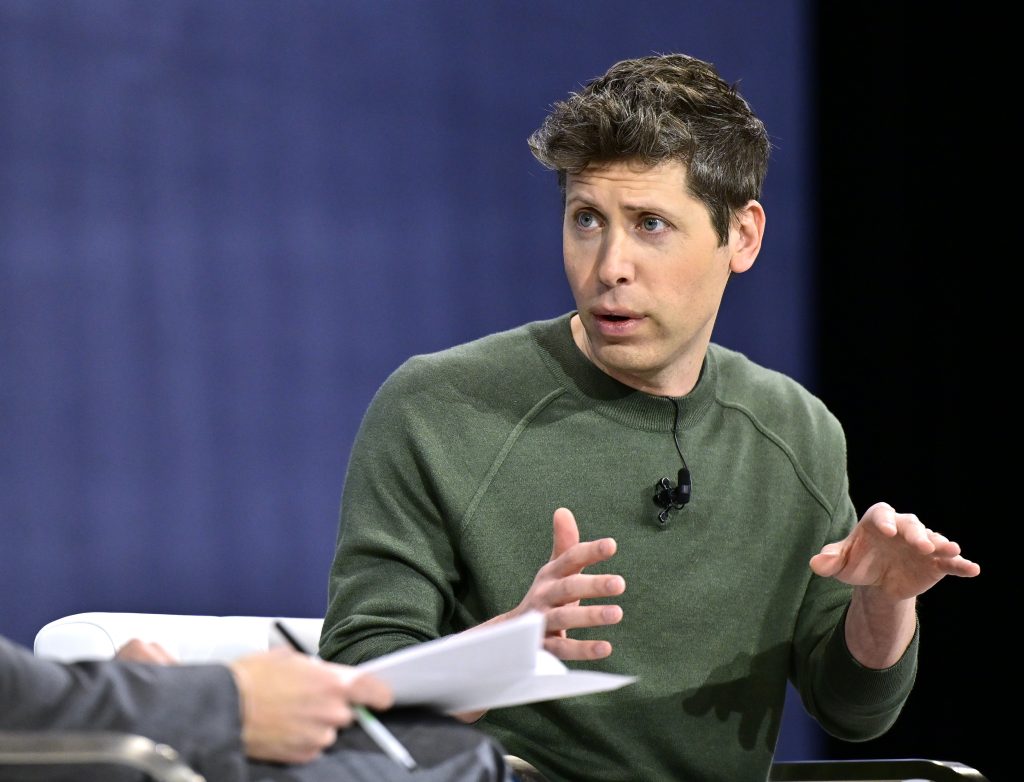OpenAI CEO Sam Altman recently expressed his views on the potential influence of Elon Musk in the forthcoming Trump administration, stating that he is “not that worried” about Musk’s role despite their ongoing legal disputes. During his appearance at The New York Times DealBook Summit, Altman reflected on Musk’s political shift and remarked, “I may turn out to be wrong, but I strongly believe that Musk will do the right thing.” He emphasized that it would be un-American for Musk to leverage political power to harm competitors or favor his own businesses, highlighting a belief that both public sentiment and Musk’s character would prevent such actions.
The context around their relationship has shifted throughout their respective journeys in the tech industry, particularly following Musk’s appointment, alongside entrepreneur Vivek Ramaswamy, to lead the newly created Department of Government Efficiency (DOGE) under President-elect Donald Trump. Although the establishment of DOGE initially appeared as a satirical concept on Musk’s social media platform, X, it aims to enhance government operations and curtail unnecessary expenditures. This political involvement represents a significant pivot for Musk, who co-founded OpenAI with Altman in 2015 with a shared vision of developing artificial intelligence (AI) for the betterment of society. Musk, however, departed from OpenAI’s board in 2018, citing concerns of conflicts of interest regarding his Tesla business.
Compounding tensions between Musk and Altman have arisen from legal challenges initiated by Musk, claiming that OpenAI deviated from its original nonprofit mission by focusing on profit and forming a partnership with Microsoft. This lawsuit has expanded to include Microsoft as a defendant, with Musk alleging the formation of a monopoly. Altman views Musk’s legal actions as a competitive business maneuver rather than a personal dispute, expressing a sense of sadness over their frayed friendship but maintaining a focus on the competitive landscape. He affirmed, “He’s a competitor and we’re doing well,” showcasing his belief in OpenAI’s strength and market position.
In addition to the disputes with Musk, Altman addressed a separate lawsuit filed by The New York Times, which is one of several media organizations suing OpenAI and its partner Microsoft. The plaintiffs allege copyright infringement stemming from the use of news articles in training AI systems like ChatGPT. Both OpenAI and Microsoft have defended their actions, citing the “fair use” doctrine within copyright law, which allows for certain uses of copyrighted materials without permission from the owner. This legal battle mirrors the larger conversations about the ethical use of information in AI development.
As the case against OpenAI proceeds, with depositions scheduled to begin in January, the stakes are high for both parties involved. Lawyers from The New York Times indicated that millions of articles were used in training the AI models, reinforcing the claims of infringement and raising important questions about the extent of fair use. Altman defended OpenAI’s practices, arguing that AI’s capacity to learn from specific texts parallels human learning, asserting that reading a textbook allows for the acquisition of knowledge applicable in diverse contexts.
Despite the ongoing challenges and tensions within the technology landscape, Altman’s remarks during the summit suggest a belief in a pathway toward resolution and ethical engagement in the tech industry. He articulated his conviction that media organizations, like The New York Times, might be on the “wrong side of history” concerning AI development, emphasizing a larger discourse about adaptation in an evolving technological world. As industry leaders navigate legal and competitive challenges, the focus remains on the responsible and beneficial use of AI technologies, with the goal of ensuring that advancements serve the greater good.










